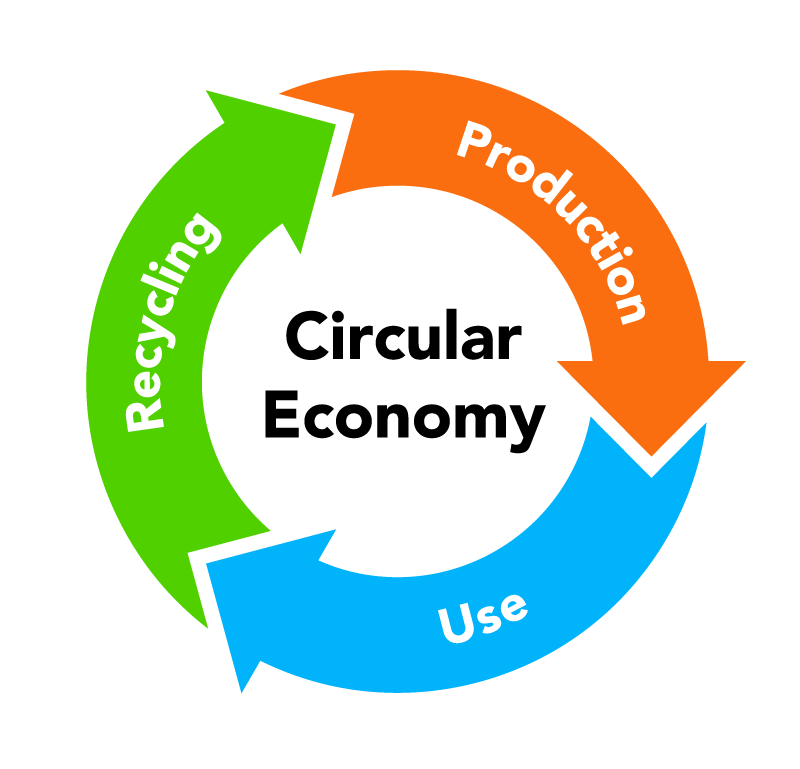Kahupi, I., Yakovleva, N., Hull, C., & Okorie, O. (2024). Factors affecting the adoption of circular economy in mining companies of developing economies--A Namibian stakeholder perspective. Journal of Environmental Management 361. 121214.
Kahupi, I., Hull, C., Yakovleva, N., & Okorie, O. (2024). Implementation of Circular Economy in a Developing Economy's Mining Industry Using Institutional Theory: The Case of Namibia. Journal of Environmental Management 368. 122145.
Hull, C., Tang, J., Donbesuur, F., & Adomako, S. (2023). Specific innovativeness, digital entrepreneurship, and female entrepreneurs. Journal of the International Council for Small Business 4. 387-412.
Tang, Z., Hull, C., & Leo, E. (2023). When consumers lose power: An examination of the stakeholder dynamics in the pharmaceutical industry. Business Ethics, the Environment and Responsibility 32. 986-1000.
Hull, C., (2022). Competitive Sustainability: The Intersection of Sustainability and Business Success. Sustainability 14. 16420.
Hull, C., Russell, J., & Kukar-Kinney, M. (2022). Making Sustainability a Core Competency: Consumer Response to Sustainable Innovative Products. Sustainability 14. 11688.
Hull, C., Millette, S., & Williams, E. (2021). Challenges and opportunities in building circular-economyincubators: Stakeholder perspectives in Trinidad and Tobago. Journal of Cleaner Production 296. .
Kahupi, I., Hull, C., Okorie, O., & Millette, S. (2021). Building Competitive Advantage with Sustainable Products - A Case Study Perspective of Stakeholders. Journal of Cleaner Production 289. .
Hull, C., Tang, Z., Tang, J., & Yang, J. (2020). Information diversity and innovation for born-globals. Asia Pacific Journal of Management 37. 1039–1060.
Millette, S., Hull, C., & Williams, E. (2020). Business incubators as effective tools for driving circular economy. Journal of Cleaner Production . .
Millette, S., Williams, E., & Hull, C. (2019). Materials flow analysis in support of circular economy development: Plastics in Trinidad and Tobago. Resources, Conservation and Recycling 150. 104436.
Hull, C., Rothenberg, S., & Vogt, S. (2019). The Financial Impact of High-Performance Work Practices. Contemporary Management Research 15. 247-272.
Luxmore, S., (2018). Institutional determinants of environmental corporate social responsibility: Are multinational entities taking advantage of weak environmental enforcement in lower‐income nations?. Business and Society Review . .
Luxmore, S., & Hull, C. (2018). How Formal and Informal Institutional Environments Affect the Way Greenpeace Fights Genetically-Modified Organisms in Europe and the United States. Contemporary Management Research 14. 225-251.
Luxmore, S., Hull, C., & Tang, Z. (2018). Institutional Determinants of Environmental Corporate Social Responsibility: Are Multinational Entities Taking Advantage of Weak Environmental Enforcement in Lower-Income Nations?. Business and Society Review 123. 151-179.
Luxmore, S., (2018). Are Non-Profits Better at Adopting a Transnational Strategy Than For-Profits? How Environments Affect the Way Greenpeace Fights Genetically-Modified Organisms in Europe and the United States. Contemporary Management Research . .
Liu, M., Hull, C., & Hung, C. (2017). Starting Open Source Collaborative Innovation: The Antecedents of Network Formation in Community Source. Information Systems Journal 27. 643-670.
Rothenberg, S., Hull, C., & Tang, Z. (2017). The Impact of Human Resource Management on Corporate Social Performance Strengths and Concerns. Business and Society 56. 391-418.
Liao, A., Hull, C., & Murthy, R. (2013). The Six Facets Model of Digital Business: A Study in the Digital Business Industry. International Journal of Innovation and Technology Management 10. .
Tang, Z., & Hull, C. (2012). An Investigation of Entreprenuerial Orientation, Perceived Environmental Hostility, and Strategy Application Among Chinese SMEs. Journal of Small Business Management 50. 132-158.
Hair, N., Hull, C., Wetsch, L., Perotti, V., & Hung, Y. (2012). Market Orientation in Digital Entrepreneurship: Advantages and Challenges in a Web 2.0 Networked World. International Journal of Innovation and Technology Management 9. .
Luxmore, S., Tang, Z., & Hull, C. (2012). When CSR Matters: An Empirical Investigation of Contingencies. International Journal of Corporate Governance 3. 143–162.
Tang, Z., Hull, C., & Rothenberg, S. (2012). How corporate social responsibility engagement strategy moderates the CSR-financial performance relationship. Journal of Management Studies 49. 1274-1303.
Tang, Z., & Hull, C. (2011). Strategy Configuratons in Chinese SMEs. Journal of Enterprising Culture 19. 229-259.
Luxmore, S., & Hull, C. (2011). Innovation & NGOs: A Framework of Interaction. International Journal of Entrepreneurship and Innovation Management . .
Hull, C., & Covin, J. (2010). Learning Capability, Technological Parity, and Innovation Mode Use. Journal of Product Innovation Management . 95-112.
Luxmore, S., & Hull, C. (2010). Externalities and The Six Facets Model of Technology Management: Genetically Modified Organisms in Agribusiness. International Journal of Innovation and Technology Management 7. 19-36.
Pamela, N., Tribunella, T., Tang, Z., & Hull, C. (2008). What Influences Salary: A study of MIS Faculty Job Offers. Review of Business Information Systems 12. 5-20.
Hull, C., & Rothenberg, S. (2008). Firm Performance: The Interactions of Corporate Social Performance With Innovation and Industry Differentiation. Strategic Management Journal 29. .
Tribunella, T., Neely, M., & Hull, C. (2007). An Analysis of the Determinants of MIS Faculty Salary Offers. Review of Business Information Systems 11. 25-26.
Hull, C., Hung, Y., Hair, N., Perotti, V., & DeMartino, R. (2007). Taking Advantage of Digital Opportunities: A Typology of Digital Entrepreneurship. International Journal of Networking and Virtual Organisations . .
Hull, C., & Luxmore, S. (2007). Influencing the Acceptance of Innovation: A Tale of Two Perspectives on Genetically-Modified Organisms. International Journal of Business Strategy 7. .
Hull, C., Baroody, J., & Payne, B. (2007). Supplementing the Six Facets Model of Technoloy Management with a Modified Analytic Hierarchic Process: The Effective Evaluation of New Technology Prior to Implementation. International Journal of Innovation and Technology Management . .
Hull, C., & Lio, B. (2006). Innovation in Non-Profit and For-Profit Organizations: Visionary, Strategic, and Financial Considerations. Journal of Change Management . .
Prakhya, S., & Hull, C. (2006). The Six Facets Model of Technology Management Under Conditions of Rapid Change: A Study in the Pre-media Segment of the Printing Industry. International Journal of Innovation and Technology Management . .
Kearns, M., Taylor, J., & Hull, C. (2005). The Six Facets Model: Technology Management in the Effective Implementation of Change. International Journal of Innovation and Technology Management . .














